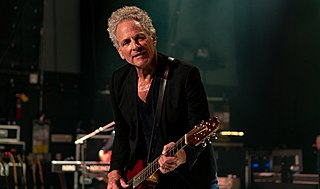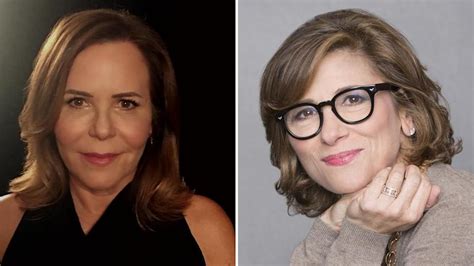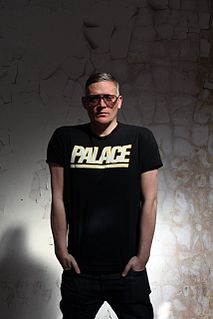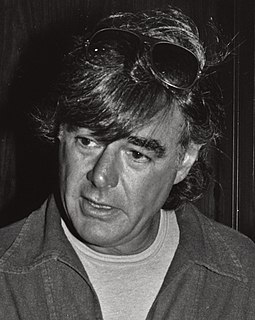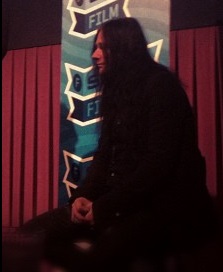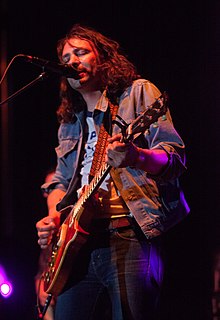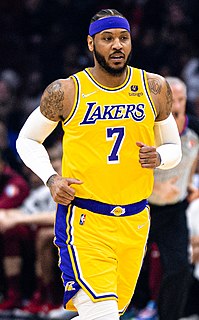A Quote by Lindsey Buckingham
Warner Bros. never really got behind the solo work. They always kind of drew a blank. I think they always were thinking, 'Well, this is nice, but let's get back to what's really important.'
Related Quotes
I think that's always been part of the thinking behind the script, that - and I really tried really hard to impress that upon the staff of the show, the animation staff - to try to get them to understand that we would only be able to get away with what we were writing if the visuals were appealing enough that it was like a balance, and even people who didn't like what they were hearing would still not want to turn away because what they were seeing was so nice. So that was kind of my hunch, and I think it worked.
Just concentrate on the performers. Make sure you get the performers, and that's it. That's all we need to do." And I was thinking, "Well what if you do both? Of course the performance is important, the writing is really important. But what if you could have the perfect marriage of making it look really slick as well?" I think that's kind of what I tried to develop as a style, and Spaced was the first TV show I did where all the elements came together.
There were two recording studios in Bellingham. One was really expensive, a "nice studio." We were at the point where we were young and irreverent. We would scoff at the idea of a nice studio. "Why would you want to go to a nice studio? Oh wow, they have really expensive gear. Ooh, that's really fancy. Well we've got an eight-track. We've got it going on here." Now that we have the resources, we're like, "Oh wow, a nice studio is pretty nice! They do have nice outboards here. It's actually a pretty good place." It's funny how much changes so quickly.
The thing is, to try to talk about a performance that will never be seen again, that was only lived by the people there, it's kind of like telling somebody about your dream. You know if they love you they'll listen and smile, but they can't really get it, so there is a certain infinite quality to film that is nice. You do the work and you know it's always going to be there. The flip side is if you do bad work it's always going to be there.
I've always seen process of crafting as part of the thinking process. It really forms the gestation of the work. I'll get an idea; I want to express this idea, sometimes I'll start it, but during the process of making the object - if it's an object or a painting - it changes. It never goes in a linear progression from A to Zed. It's always this kind of circuitous, stumbling, groping in the dark kind of process of evolving.
I think, always, with a new book, I get nervous. I think mostly it is because work is really important to me, and a book doing well is important because it buys you another one. Not because of the money but if you keep doing interesting work, work that people like, they will want you to do more, and offers that are interesting come in.
Some friends and I, we went right up there behind the studio and we got on a train, we could tell it was going to go to Roseville. We got off it and got on another train. And we got to Roseville, and it takes hours to get through that yard. It's really big. So we ended up just coming back here. It's like fishing or hunting. You can't always come back with something.
When you're in the moment and not over thinking the song is when things tend to really work. You're not so focused on the minutiae. You're focused on the overall feel, and that's the stuff that I get from the demos. First impressions are always the most important. When you start getting into a full-band, democratic context the little things almost immediately get thrown out the window because you don't think they're important.
I did this campaign that was called "Back to the Basics" where I went back to the street, went back to my block, and really felt the people. We've got to go back to that sometimes. We distance ourselves from that and we see it from afar. Some people can't relate back to that; once you're out of it, they don't want to relate back to that. It's always good to get back to the basics, though. You've got to touch the roots, you've got to touch those people. Regardless of what's going on, people always respect that.
